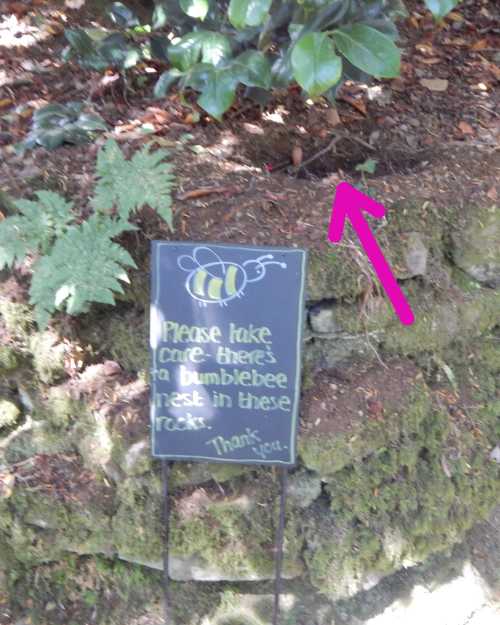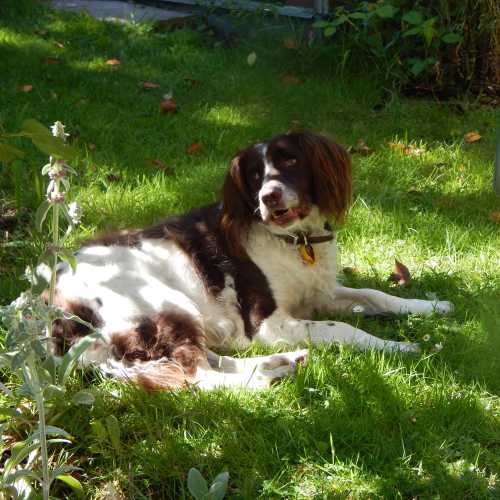How To Prevent Bee Stings And Wasp Stings
Prevention is better than cure!
Here are some practical and handy tips to help you prevent bee and wasp stings:
8 ways to prevent bee stings and wasp sting
1. Protect your feet on lawns
Keep your feet covered. Do not walk barefoot, or allow children to run around barefoot on lawns, especially flowering lawns featuring clover, bird's foot trefoil, cowslips, dandelions or other flowers where they may be foraging.
In addition, some bee and wasp species may nest in the ground. If bees and wasps are trodden on by accident, they may sting.
2. Eating outdoors? Keep face and hands clean and dry - and free of food, and keep food in containers!
This is so true for children, who may be inclined to get food around their mouths and hands, and spill food and fluids onto their clothing.
Wasps are attracted to sweet foods and drinks, so ensure the face and hands especially, are free of sweet, sticky foods like ice cream, jams and jelly, chocolate and fruit juice.
Where possible, choose 'pop in the mouth' picnic foods.
Clean away spillages on clothes. Take a packet of wet wipes with you when out and about, and dry the hands and face after wiping clean.
It's sensible to store food in appropriate containers, especially drinks. Select a suitable travel mug or beaker, with a lid and straw.
3. Keep calm
Allow bees and wasps to go about their foraging activities in peace. Try to avoid waving your arms around. Keep calm and move away.
4. Avoid scented hair spray and perfumes during the day
If you don’t like them being near you, avoid highly scented hairsprays and perfumes during the day in Spring and Summer, when bees and wasps are more active.
 Bumble bees are not aggressive and can be left alone.
Bumble bees are not aggressive and can be left alone.5. Leave bee and wasp nests alone
Never throw objects or spray chemicals, since you risk causing aggravation. Keep children and dogs away.
If necessary, seek professional assistance, but remember, depending on the species, nests may only last a season.
If you have a honey bee nest or swarm in your garden, ask a beekeeper for assistance and advice (locate a local beekeeping organisation).
6. Avoid sitting, standing or eating in areas where bees and wasps may gather
Avoid sitting close to refuse bins, where wasps may gather looking for human food scraps and drinks cans.
If you are afraid of bees, avoid sitting close to flowering shrubs.
7. Use a deet-free insect repellent
Consider wearing a deet-free insect
repellent if you are able, such as wrist bands and lotions, like Repel - available from Amazon.com
or
Incognito - available from Amazon.co.uk.
Alternatively, try a repellent containing Picaridin.
Repellents can also be used in the home or in the garden around picnic areas.
8. Install a Waspinator
Planning a summer picnic? Want torepel wasps from making a nest in your garden? A Waspinator can be installed at strategic points around your home.\
See: Repel Bees And Wasps Naturally.
BuzzAboutBees.net is a member of the Amazon Associates Program.
As an Amazon Associate I earn from qualifying purchases if you click on a link from my website to an Amazon website page. I only recommend books and goods I myself like. Further information, see: Advertising And Affiliates Disclosure.
Did You Know?
More people are killed by lightning than bee stings! Read:
Bee Sting Facts
If you found this page helpful or interesting, I'd really be grateful if you would share it with others - if not this page, perhaps another, such as Gardening For Bees.
Thank you so much :) .
